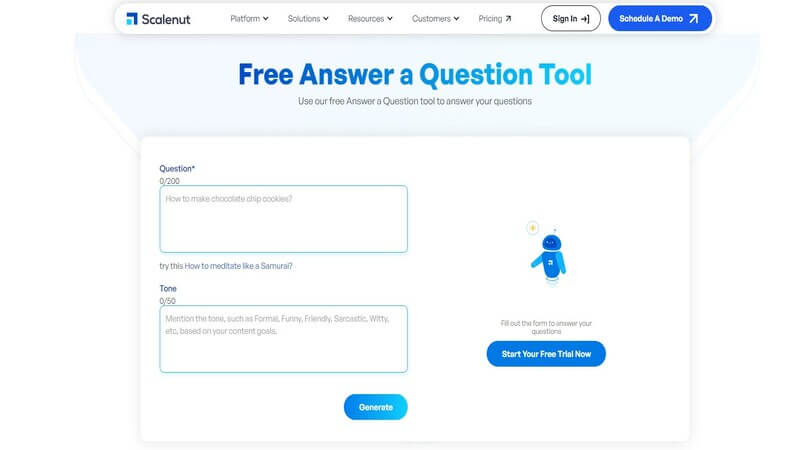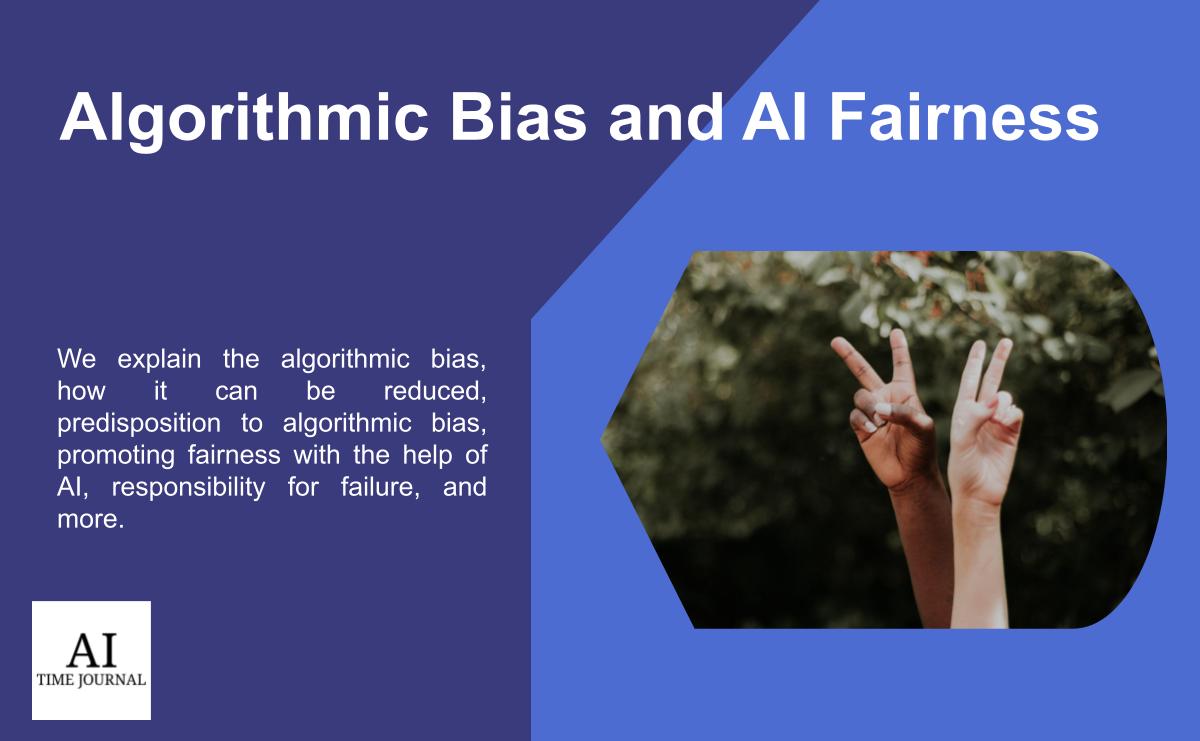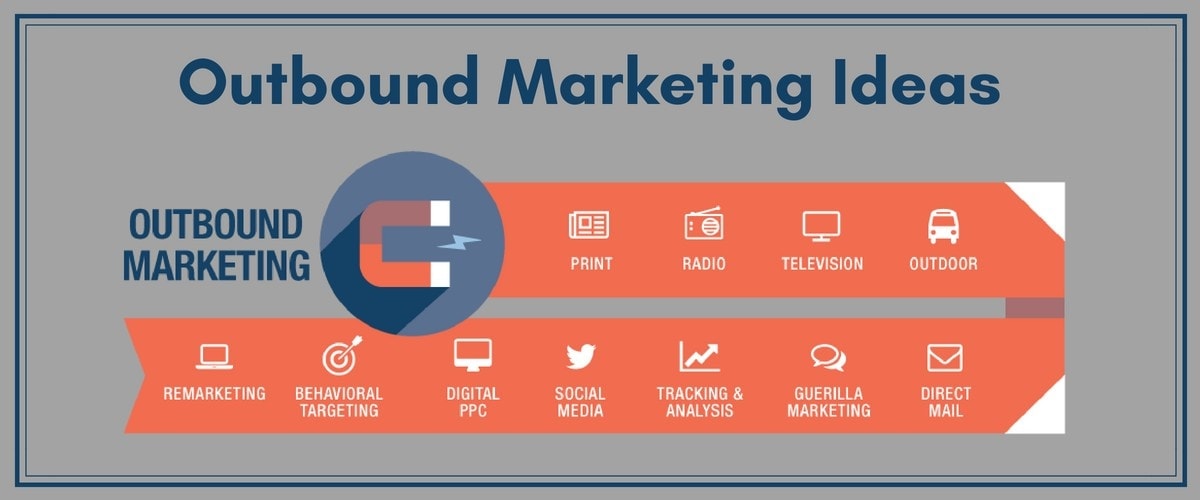How to Find Reliable AI Answering Services Online
The demand for AI-powered Q&A services has been on the rise in recent years, driven by the need for instant and accurate answers to various questions. With the proliferation of free AI answering services, it’s essential to find reliable websites that provide trustworthy answers. The concept of free AI answering services has revolutionized the way we access information, making it possible to get instant answers to our queries without incurring any costs.
However, with the numerous options available, it can be challenging to determine which AI answering services are reliable and accurate. This is where the importance of research and evaluation comes in. When searching for a free AI answering service, look for websites that have a proven track record of providing accurate and up-to-date information. Check for reviews and ratings from other users to get an idea of the service’s reliability.
Another crucial factor to consider is the type of questions you want to ask. If you’re looking for general knowledge answers, a broad-based AI answering service like Wolfram Alpha or IBM Watson Assistant may be suitable. However, if you need answers to specific domain-related questions, such as healthcare or finance, you may want to consider specialized AI answering services like MedWhat or Digit.
Free AI answering services have numerous benefits, including convenience, speed, and cost-effectiveness. They can also help bridge the knowledge gap by providing access to information that may not be readily available otherwise. However, it’s essential to use these services judiciously and verify the accuracy of the answers provided. By doing so, you can harness the power of AI to get instant answers to your questions and make informed decisions.
In the next section, we’ll review and compare some of the top free AI answering websites for general knowledge, highlighting their features, strengths, and weaknesses.
Top Free AI Answering Websites for General Knowledge
When it comes to general knowledge, there are several free AI answering websites that can provide accurate and reliable answers. Some of the top options include Wolfram Alpha, IBM Watson Assistant, and Microsoft Azure’s QnA Maker. These websites use advanced AI algorithms to provide answers to a wide range of questions, from science and history to entertainment and culture.
Wolfram Alpha is one of the most popular free AI answering websites, known for its ability to provide detailed and accurate answers to complex questions. It uses a vast knowledge base and advanced algorithms to provide answers that are often more detailed and accurate than those found on traditional search engines.
IBM Watson Assistant is another top option, known for its ability to understand natural language and provide answers that are tailored to the user’s specific needs. It uses a combination of machine learning and natural language processing to provide answers that are both accurate and relevant.
Microsoft Azure’s QnA Maker is a cloud-based AI answering service that allows users to create their own knowledge bases and answer questions using natural language processing. It’s a great option for businesses and organizations that need to provide answers to frequently asked questions.
These free AI answering websites have several benefits, including convenience, speed, and cost-effectiveness. They can also help bridge the knowledge gap by providing access to information that may not be readily available otherwise. However, it’s essential to use these services judiciously and verify the accuracy of the answers provided.
When using these services, it’s also important to consider their limitations and potential biases. For example, Wolfram Alpha’s knowledge base may not be comprehensive, and IBM Watson Assistant’s answers may be influenced by the data it was trained on. By understanding these limitations, users can get the most out of these free AI answering websites and make informed decisions.
AI-Powered Q&A Platforms for Specific Domains
While general knowledge AI answering websites are useful, there are also AI-powered Q&A platforms that cater to specific domains. These platforms are designed to provide accurate and reliable answers to questions related to specific industries or fields. For example, in the healthcare industry, MedWhat is a popular AI-powered Q&A platform that provides answers to medical-related questions.
In the finance industry, Digit is a well-known AI-powered Q&A platform that provides answers to financial-related questions. It uses natural language processing and machine learning algorithms to provide accurate and personalized answers to users’ queries.
In the education sector, Georgia Tech’s Jill Watson is an AI-powered Q&A platform that provides answers to students’ queries related to their coursework. It uses a combination of natural language processing and machine learning algorithms to provide accurate and personalized answers.
These domain-specific AI-powered Q&A platforms have several benefits, including providing accurate and reliable answers to specific questions, saving time and effort, and improving decision-making. They are also useful for professionals who need to stay up-to-date with the latest developments in their industry.
For instance, a doctor can use MedWhat to get answers to medical-related questions, while a financial analyst can use Digit to get answers to financial-related questions. Similarly, a student can use Jill Watson to get answers to questions related to their coursework.
These platforms are also useful for businesses and organizations that need to provide customer support. For example, a company can use an AI-powered Q&A platform to provide answers to frequently asked questions, freeing up human customer support agents to focus on more complex issues.
Overall, AI-powered Q&A platforms for specific domains are a valuable resource for anyone who needs accurate and reliable answers to specific questions. They can save time and effort, improve decision-making, and provide a competitive edge in their industry.
How AI Answering Services Can Benefit Students and Professionals
Free AI answering services can be a valuable resource for students and professionals alike. For students, these services can provide instant answers to questions related to their coursework, helping them to better understand complex concepts and complete assignments more efficiently. Additionally, AI answering services can assist students with research projects, providing them with relevant and accurate information to support their arguments.
Professionals can also benefit from free AI answering services, using them to stay up-to-date with the latest developments in their industry. For example, a doctor can use an AI answering service to get answers to medical-related questions, while a financial analyst can use a service to get answers to financial-related questions. This can help professionals to make more informed decisions and stay ahead of the curve in their field.
AI answering services can also help students and professionals with decision-making. By providing accurate and reliable information, these services can help individuals to weigh the pros and cons of different options and make more informed decisions. This can be particularly useful in situations where time is of the essence, such as in emergency medical situations or high-pressure business environments.
Furthermore, AI answering services can help to bridge the knowledge gap between students and professionals. By providing access to accurate and reliable information, these services can help to level the playing field and provide individuals with the knowledge they need to succeed. This can be particularly useful in situations where individuals may not have access to traditional educational resources or may be looking for alternative sources of information.
Overall, free AI answering services can be a valuable resource for students and professionals, providing them with instant answers to questions, assisting with research and decision-making, and helping to bridge the knowledge gap. By leveraging these services, individuals can gain a competitive edge in their field and achieve their goals more efficiently.
Limitations and Potential Biases of AI Answering Services
While AI answering services have the potential to revolutionize the way we access information, they are not without their limitations and potential biases. One of the main limitations of AI answering services is the risk of inaccurate or outdated information. This can occur if the training data used to develop the AI model is incomplete, biased, or outdated.
Another limitation of AI answering services is the potential for biases in the answers provided. This can occur if the AI model is trained on data that reflects the biases of the developers or the data sources used. For example, if an AI model is trained on data that is predominantly sourced from Western countries, it may not provide accurate or relevant answers to questions related to non-Western cultures.
Additionally, AI answering services may not always be able to understand the context of a question, which can lead to inaccurate or irrelevant answers. This can be particularly problematic in situations where the question is ambiguous or open-ended.
Furthermore, AI answering services may not always be transparent about their methods and data sources, which can make it difficult to evaluate the accuracy and reliability of the answers provided. This lack of transparency can also make it difficult to identify and address potential biases in the answers.
Despite these limitations and potential biases, AI answering services can still be a valuable resource for accessing information. However, it is essential to use these services critically and to verify the accuracy and reliability of the answers provided through multiple sources.
By being aware of the limitations and potential biases of AI answering services, users can take steps to mitigate these issues and get the most out of these services. This includes using multiple sources to verify information, evaluating the credibility of the sources used, and being cautious of answers that seem too good (or bad) to be true.
Future Developments in AI-Powered Q&A Technology
The future of AI-powered Q&A technology holds much promise, with several exciting developments on the horizon. One of the most significant advancements is the integration of natural language processing (NLP) and machine learning (ML) algorithms. These technologies will enable AI answering services to better understand the context and nuances of human language, providing more accurate and relevant answers.
Another area of development is the use of knowledge graphs, which will allow AI answering services to provide more comprehensive and interconnected answers. Knowledge graphs are databases that store information in a graphical format, enabling AI systems to understand the relationships between different pieces of information.
The integration of NLP, ML, and knowledge graphs will also enable AI answering services to provide more personalized and adaptive answers. For example, an AI answering service could use a user’s search history and preferences to provide more relevant and accurate answers.
Additionally, the future of AI-powered Q&A technology may also involve the development of more specialized and domain-specific AI answering services. For example, an AI answering service could be developed specifically for the healthcare industry, providing answers to medical-related questions and helping healthcare professionals make more informed decisions.
The potential applications and implications of these developments are vast and varied. For example, AI-powered Q&A technology could be used to improve customer service, enhance education and research, and even help solve complex problems in fields such as medicine and finance.
However, as with any emerging technology, there are also potential risks and challenges associated with the development of AI-powered Q&A technology. For example, there is a risk that AI answering services could be used to spread misinformation or propaganda, or that they could be biased towards certain groups or individuals.
Despite these risks, the future of AI-powered Q&A technology holds much promise, and it will be exciting to see how these developments unfold in the coming years.
Best Practices for Using Free AI Answering Services Effectively
To get the most out of free AI answering services, it’s essential to use them effectively. Here are some best practices to keep in mind:
First, formulate clear and specific questions. This will help the AI answering service provide more accurate and relevant answers. Avoid asking vague or open-ended questions, as these can be difficult for the AI to interpret.
Second, evaluate the accuracy of the answers provided. While AI answering services can provide accurate and reliable information, they are not perfect and can make mistakes. Verify the answers through multiple sources to ensure accuracy.
Third, use multiple sources to verify information. This will help you to identify any potential biases or inaccuracies in the answers provided. It’s also essential to consider the credibility of the sources used by the AI answering service.
Fourth, be cautious of answers that seem too good (or bad) to be true. If an answer seems suspicious or too good to be true, it’s essential to verify it through multiple sources. This will help you to avoid spreading misinformation or propaganda.
Fifth, use AI answering services in conjunction with other research methods. While AI answering services can provide valuable information, they should not be relied upon as the sole source of information. Use them in conjunction with other research methods, such as academic journals and books, to get a more comprehensive understanding of a topic.
By following these best practices, you can use free AI answering services effectively and get the most out of them. Remember to always evaluate the accuracy of the answers provided and use multiple sources to verify information.
Conclusion: The Future of AI-Powered Q&A Services
In conclusion, free AI answering services have the potential to revolutionize the way we access information and answer questions. With their ability to provide instant and accurate answers, these services can save time and effort, and improve decision-making.
However, it’s essential to be aware of the limitations and potential biases of AI answering services, including the risk of inaccurate or outdated information. By verifying answers through multiple sources and using these services effectively, we can get the most out of them and make informed decisions.
The future of AI-powered Q&A technology holds much promise, with potential applications in various industries and aspects of life. As these services continue to evolve and improve, we can expect to see even more innovative and creative uses of AI-powered Q&A technology.
Ultimately, the key to getting the most out of free AI answering services is to use them effectively and responsibly. By doing so, we can unlock the full potential of these services and improve our lives in countless ways.
As we look to the future of AI-powered Q&A technology, it’s clear that these services will play an increasingly important role in our lives. Whether you’re a student, professional, or simply someone looking for answers, free AI answering services are definitely worth exploring.






